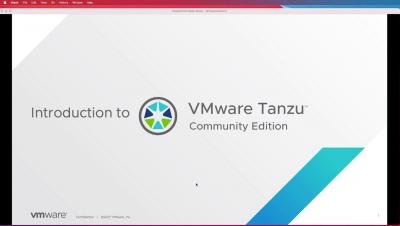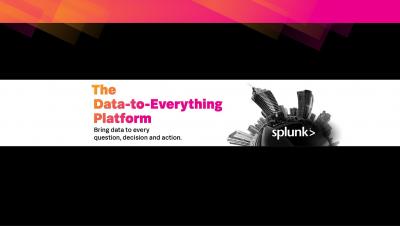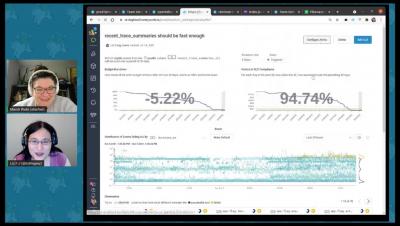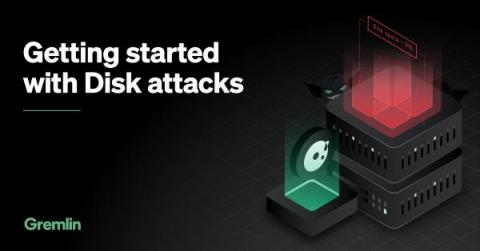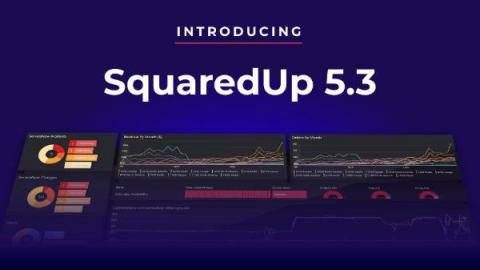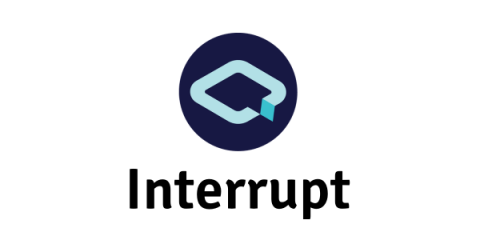Operations | Monitoring | ITSM | DevOps | Cloud
opsdemon
Latest posts
Debugging CI/CD pipelines with SSH access
In my interactions at industry events like AWS re:invent and KubeCon, I talk with a lot of developers. Devs often tell stories of things that prevent them from working quickly and efficiently. Many involve frustrating interactions with sys admins, SREs, or DevOps colleagues. One story I have heard several times involves a conversation like this: dev: Hey, SRE team. My build is failing and I don’t know what’s happening with the app in the build node.
Get Up and Running with VMware Tanzu Community Edition in Minutes
Grey's Academy 101: Getting Started with Splunk
PagerDuty Integration Spotlight: Honeycomb
WordPress + GitHub
If you’ve been building client websites for a while, you may remember a time before WordPress. A time when building websites meant creating every HTML page by hand. At some point, you probably decided that there were common features that every customer needed on their site, so you started using one customer’s website as the template for the next. Of course these days, WordPress is the underlying software for many modern websites, and there’s no need to re-invent core functionality.
Logs for Ops
Getting started with Disk attacks
Persistent storage is one of the more difficult aspects of managing distributed systems. When we attach a storage device to a host—whether it’s flash storage, network attached storage (NAS), or old fashioned spinning disks—we generally don’t give it much thought until we start running distributed applications or need to increase capacity. But there’s more that can go wrong with storage, and this can have unexpected consequences for our systems, services, and applications.
New release: SquaredUp 5.3
SquaredUp 5.3 is now available! You will find new features to discover as well as enhancements to the SquaredUp you already love. Here are the highlights: Check out our release webinar for a detailed walkthrough and demo.
Dashboard Fridays
We are excited to announce a new community initiative – Dashboard Fridays. Dashboard Fridays is a bite-sized video series where we share and discuss a range of different dashboards created for the community, by the community. Each video is no longer than 20min, so grab a coffee and let’s talk dashboards! Each episode, we will zoom in on one stellar dashboard put together by a member of the community.
Peeking inside CMSIS-Packs
CMSIS-Packs are a package format defined by ARM for vendors to provide various software artifacts that simplify dealing with target devices. In this article, we’ll take a look at what CMSIS-Packs are, and how they can be useful!












